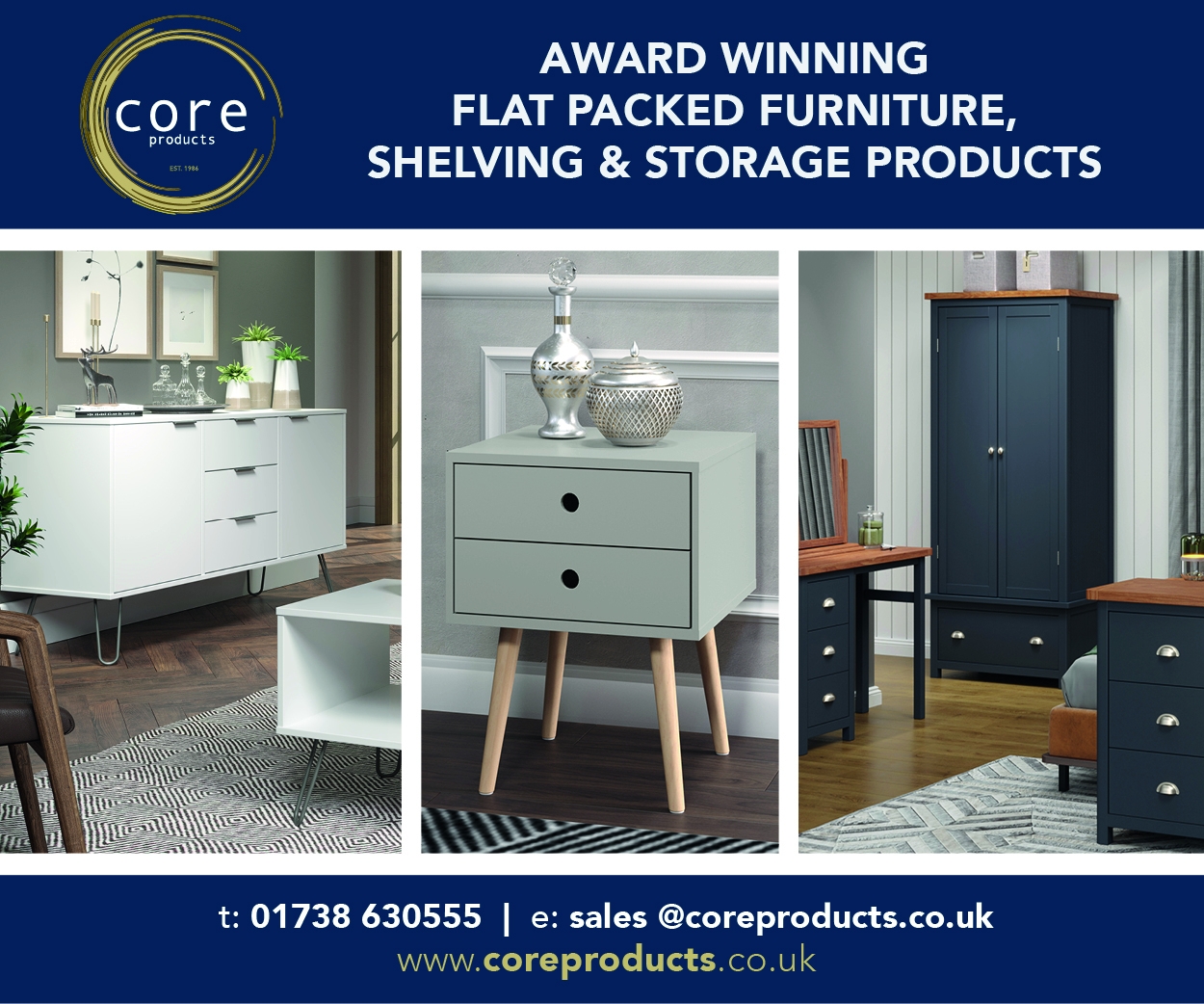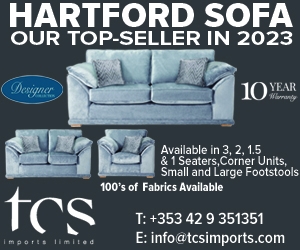A business’ relationship with its manufacturing partners is fundamental to its success – so choosing the right partner is not a decision that can be made overnight. Finding and establishing a good relationship with the right partner can be a long, frustrating process – but it doesn’t need to be if you know what to look for, suggests Gus Bartholomew …
When it comes to deciding where to manufacture your furniture – whether on home turf or overseas – there are a number of important factors to consider.
Your product
Deciding where to manufacture depends hugely on the type of product you are looking to make. Gaining an in-depth understanding of the specialisms of certain countries and regions, and the skills required to develop and produce your designs, is critical.
It’s also key to learn about the specific skill sets of a manufacturer, and learn about their in-house machinery to assess their past experience in producing similar products. Fundamentally, does your product align with what the country and facility is focused towards?
Your target production cost
Overseas manufacturing can significantly reduce labour and material costs. However, look beyond the unit price you are quoted and consider the full price of your products – packed, quality checked, shipped and imported.
Manufacturing furniture abroad can save you money in terms of production costs, but shipping furniture is expensive due to its size and weight. Therefore, to make it cost-effective, certain volumes need to be met, which often means that large scale production runs are required.
Lead times
When producing abroad, brands have to plan effectively for the time it takes to sample, produce and ship their goods. Sampling can be the biggest cause of delays because of mounting design iterations and postage and customs delays.
Delays can be avoided by making a good prototype locally prior to starting work with a manufacturer, or by going out to visit them during the sampling process. However, both of these options can weigh on your time and purse. It’s important to consider your business model and ability to store stock, too.
Long-term partnerships
It can seem one-sided when evaluating which manufacturer to work with. However, don’t forget that good manufacturers are in high demand and will also only take on the right partners for their business. Overseas facilities are often geared towards larger order runs, so demonstrating that you are looking to place repeat orders and build a long-term relationship will make you a more appealing partner for your manufacturer.
Communication and working style
Working with an overseas manufacturer inevitably means less face-to-face time with the merchandising and design teams. Language and cultural barriers can present difficulties and misunderstandings, especially when dealing with creative language and design details.
Working effectively with manufacturers requires a methodical and structured approach, alongside clear communication. Tech packs are the single most important tool for communication between you and your partner. If you prefer working more hands-on and face-to-face, then producing locally, or being prepared to regularly visit your factory, may be your best option.
Brand positioning
It’s important to consider what impact your choice of manufacturer might have on your brand image. Luxury/premium, local, or heritage brands may place more importance on sourcing and producing locally or in a specific country due to the perceived attributes it give the product.
Although it really comes down to the facility you’re using, there is a perception from customers that making locally produces a better quality product. In turn, brands can command higher price points for locally-made products, so if this is integral to the positioning and success of the brand, it’s very important to consider.
Nonetheless, brands can find huge value in moving beyond the country label – or Made In tag – towards positioning themselves as a more transparent brand, that cares about improving their social or environmental image and using businesses as a driver for change. Your brand values are key when deciding where, and with whom, to manufacture.
Due diligence
For validation that certain social and environmental standards are being met, it’s important to familiarise yourself with the different certifications and look to external bodies for their guidance and expertise.
In addition to this, it’s important to get to know and understand the ethos and values of the manufacturer you’re wanting to work with. Although certifications are a good starting point, they are not without fault. Building a trusted and lasting relationship and understanding their track record from previous and current clients is a great way of getting to know how they work and what is important to them.
Gus Bartholomew is the co-founder of Supplycompass, a tech-enabled, end-to-end production management platform for brands that want to find and work with international manufacturers. Brands can create tech packs, get matched with a manufacturer and use the platform to manage production from design to delivery, responsibly and sustainably.







